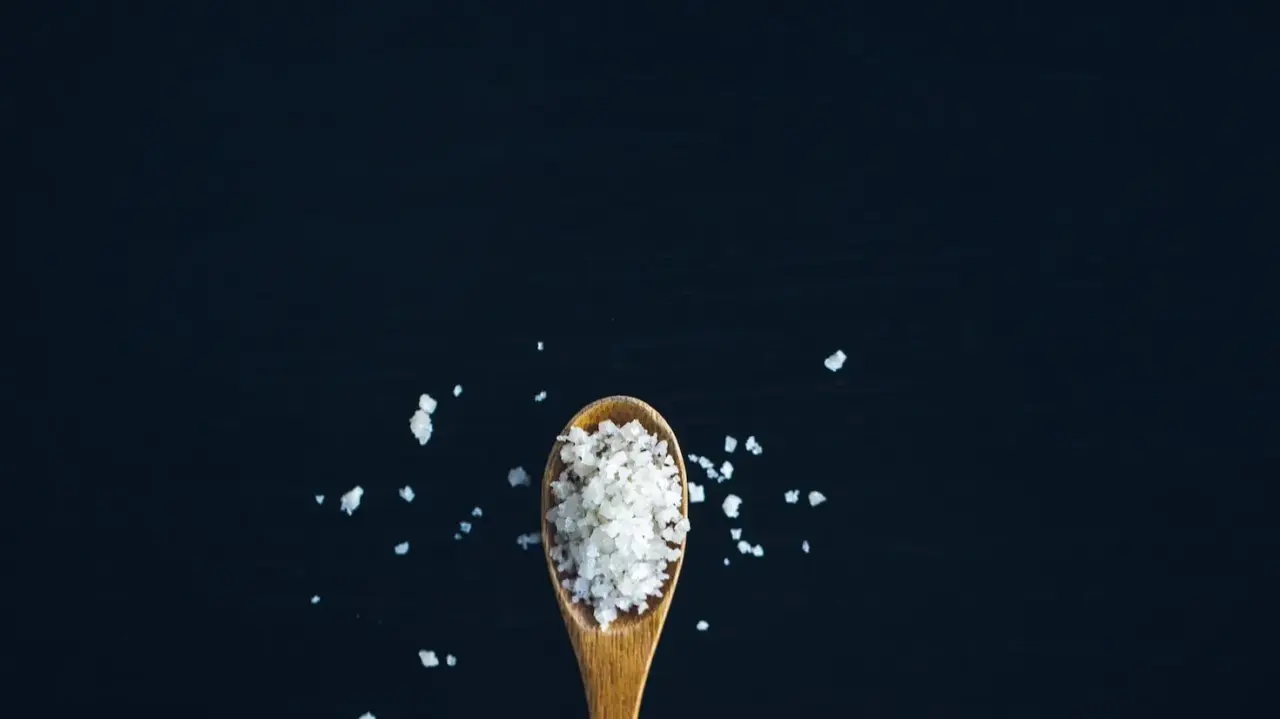Updated 17 April 2025 at 13:01 IST
No-Salt Diet Led to Sridevi’s Collapse | What Low Sodium Does to Your Body
Low-salt diet: In Sridevi’s case, the extreme dietary practice reportedly led to frequent blackouts and hypotensive episodes.
- India News
- 4 min read

New Delhi: Seven years after Sridevi’s untimely death due to accidental drowning, producer Boney Kapoor revealed that the late actor often adhered to an extremely low-salt or no-salt diet in an effort to maintain a slimmer appearance for her on-screen roles. Despite being medically advised against such dietary restrictions due to her tendency toward low blood pressure, she continued to avoid salt, believing it would help reduce water retention and facial puffiness.
However, prolonged salt restriction in individuals with low blood pressure can be dangerous. In Sridevi’s case, this extreme dietary practice reportedly led to frequent blackouts and hypotensive episodes. She was reportedly following a similar regimen at the time of her untimely death.
While the World Health Organisation (WHO) recommends a daily intake of about five grams of salt for adults, drastically reducing sodium levels can be dangerous. Experts warn that extremely low sodium intake may lead to electrolyte imbalances, resulting in dizziness, confusion, or even life-threatening complications like seizures and coma.
Low sodium levels, known medically as hyponatremia, can lead to a variety of health issues, ranging from mild symptoms such as nausea and fatigue to more severe complications like seizures, loss of consciousness, and coma.
Advertisement
Research from the National Institutes of Health (NIH) highlights that in extreme cases, dangerously low sodium levels can be life-threatening.
While moderating sodium intake is often recommended for supporting healthy blood pressure and cardiovascular function, it's crucial to recognise the risks of over-restriction.
Advertisement
Individuals with certain medical conditions, especially those prone to low blood pressure or electrolyte imbalances, should be particularly cautious about drastically limiting salt in their diets.
What Low Sodium Does to Your Body: The Risks of Hyponatremia
Salt often gets a bad rap—blamed for high blood pressure, heart disease, and water retention. But like many things in health, balance is key. While excessive sodium intake is a known risk factor for hypertension and cardiovascular disease, too little salt can be just as harmful. Low sodium levels in the body, a condition known as hyponatremia, can cause a cascade of health issues, some of which may be life-threatening.
What Is Sodium and Why Is It Important?
Sodium is an essential electrolyte that helps regulate:
- Fluid balance in and around cells
- Nerve function
- Muscle contractions
- Blood pressure stability
The body carefully controls sodium levels through the kidneys, hormones, and the thirst mechanism.
What Happens When Sodium Levels Drop?
When sodium levels fall below the normal range (135–145 mEq/L), the body can go into a state of hyponatremia. This can happen due to factors such as:
- Excessive water intake (diluting sodium levels)
- Certain medications (like diuretics and antidepressants)
- Hormonal imbalances
- Kidney dysfunction
- Extreme dietary salt restriction
Mild Symptoms
- Fatigue
- Nausea
- Headache
- Muscle cramps
- Confusion or lightheadedness
Severe Symptoms
- Vomiting
- Seizures
- Coma
- Respiratory arrest
- In extreme cases, death
Who Is at Risk?
Certain populations are more vulnerable to the effects of low sodium:
Elderly individuals, due to impaired kidney function or medication use
Athletes, who lose sodium through sweat and overhydrate with plain water
People with low blood pressure or adrenal insufficiency
Individuals following extreme low-salt or no-salt diets
The Role of Diet
Sodium isn't inherently bad—it’s the excess that poses health risks. While reducing sodium may benefit those with high blood pressure, over-restriction can backfire, especially in those with naturally low blood pressure or other health conditions.
A balanced diet should include:
- Naturally occurring sodium from whole foods
- Awareness of hidden sodium in processed foods (bread, sauces, snacks)
- An individualized approach—especially for those on specific medical diets
When to Seek Medical Attention
If you're experiencing unexplained fatigue, dizziness, or muscle weakness—especially if you're on a low-salt diet or taking medications—it's essential to consult a healthcare provider. A simple blood test can determine your sodium levels and guide appropriate treatment.
Sodium is essential for life—but like all nutrients, balance is crucial. Extreme dietary trends, such as zero-salt regimens, can do more harm than good. Unless advised otherwise by a healthcare provider, maintaining moderate salt intake supports healthy nerve, muscle, and brain function.
So, next time you think of cutting out salt completely, remember: your body needs it—just not too much, and definitely not too little.
Get Current Updates on India News, Entertainment News, Cricket News along with Latest News and Web Stories from India and around the world.
Published By : Surabhi Shaurya
Published On: 17 April 2025 at 13:01 IST
